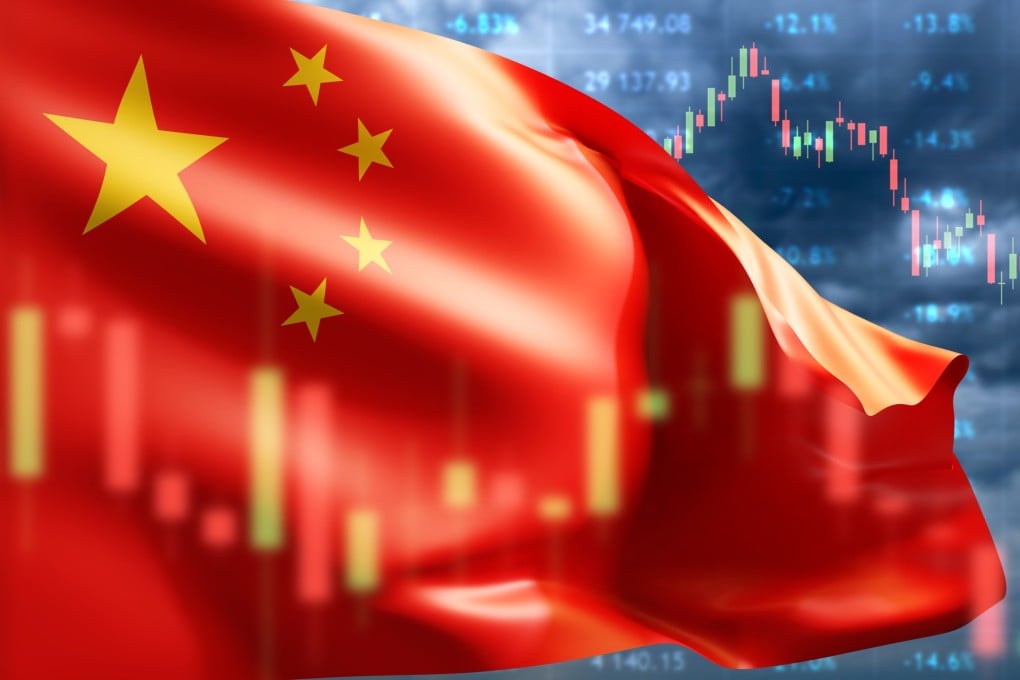China bond bonanza likely to continue into 2025; investors worried about economic strength
Some brokerages believe yield on 10-year government bond could fall below 1.5 per cent in 2025

Expectations about further reductions in interest rates and banks’ required reserves have prompted brokerages to project a further decline in the yield on benchmark 10-year government bonds. Zheshang Securities is among the most optimistic, predicting the rate to fall below 1.5 per cent at some point.
“The magnitude of looser monetary policies has exceeded expectations and that’s what has mainly driven the bond yield down,” said Qi Sheng, an analyst at Orient Securities. “The rapid yield decline has made fixed-income products stand out recently, thus luring more capital into the debt market.”
China could lower its policy rate by 30 to 40 basis points next year and deploy a number of monetary tools – like a reverse repo of government bonds – to inject more liquidity into the system, UBS Group said. Soochow Securities made an even bolder call, saying that the cumulative cut will be 60 basis points, matching the response Beijing made to douse the last financial crisis.
While top officials also vowed to adopt “more proactive” fiscal policies at the December Politburo meeting and a subsequent economic work conference, the increased activity in China’s bond market is more reflective of investor scepticism about Beijing’s ability to reverse the deflationary trend, according to Morgan Stanley.
“Bond market investors appear to have low conviction levels about the prospects for reflation,” analysts led by Chetan Ahya and Robin Xing wrote in a report in December. “From our conversations, investors are of the view that there will be further monetary easing, but they are sceptical about the potential size of fiscal expansion and whether there will be measures that will meaningfully boost consumption.”
